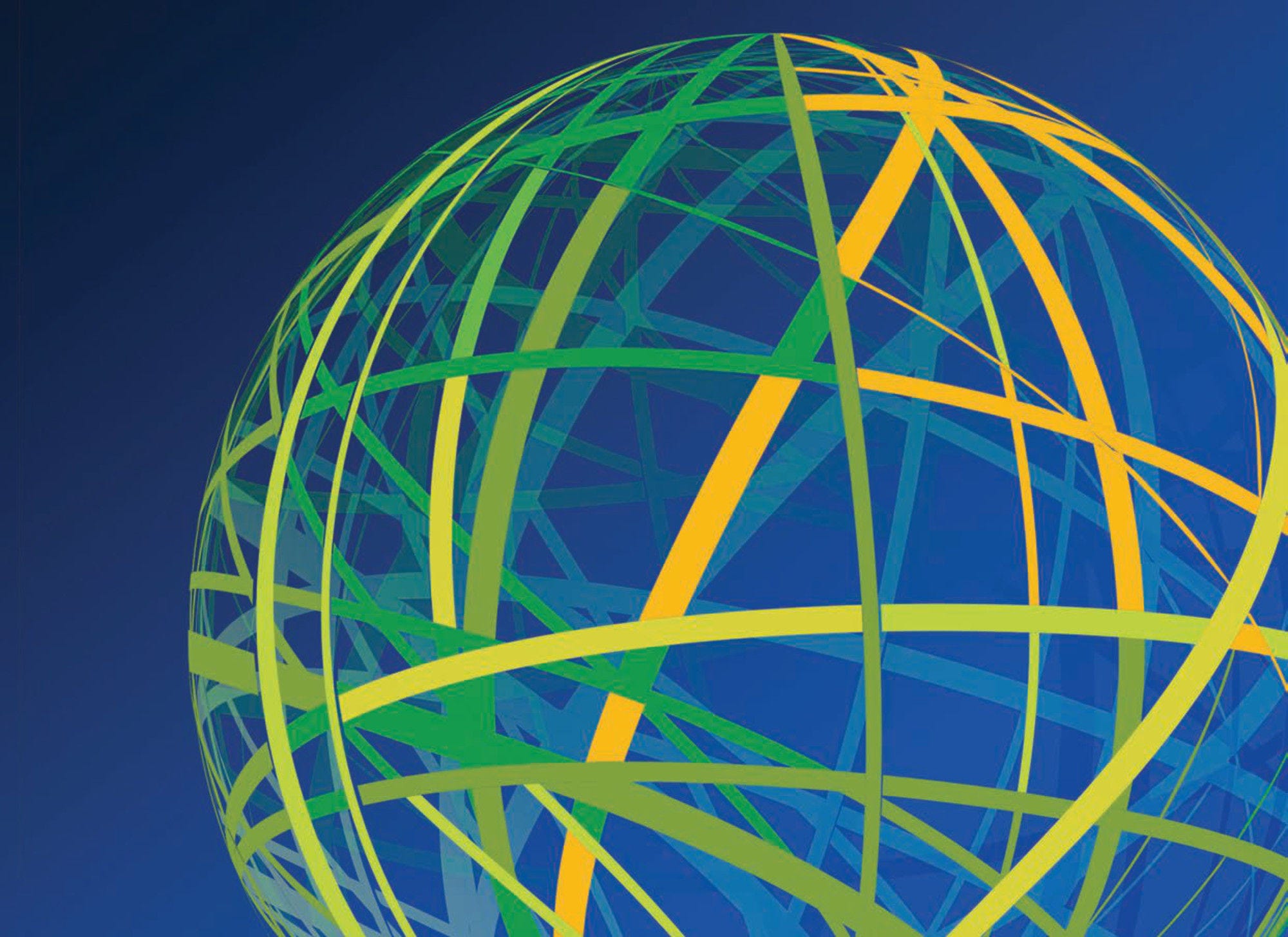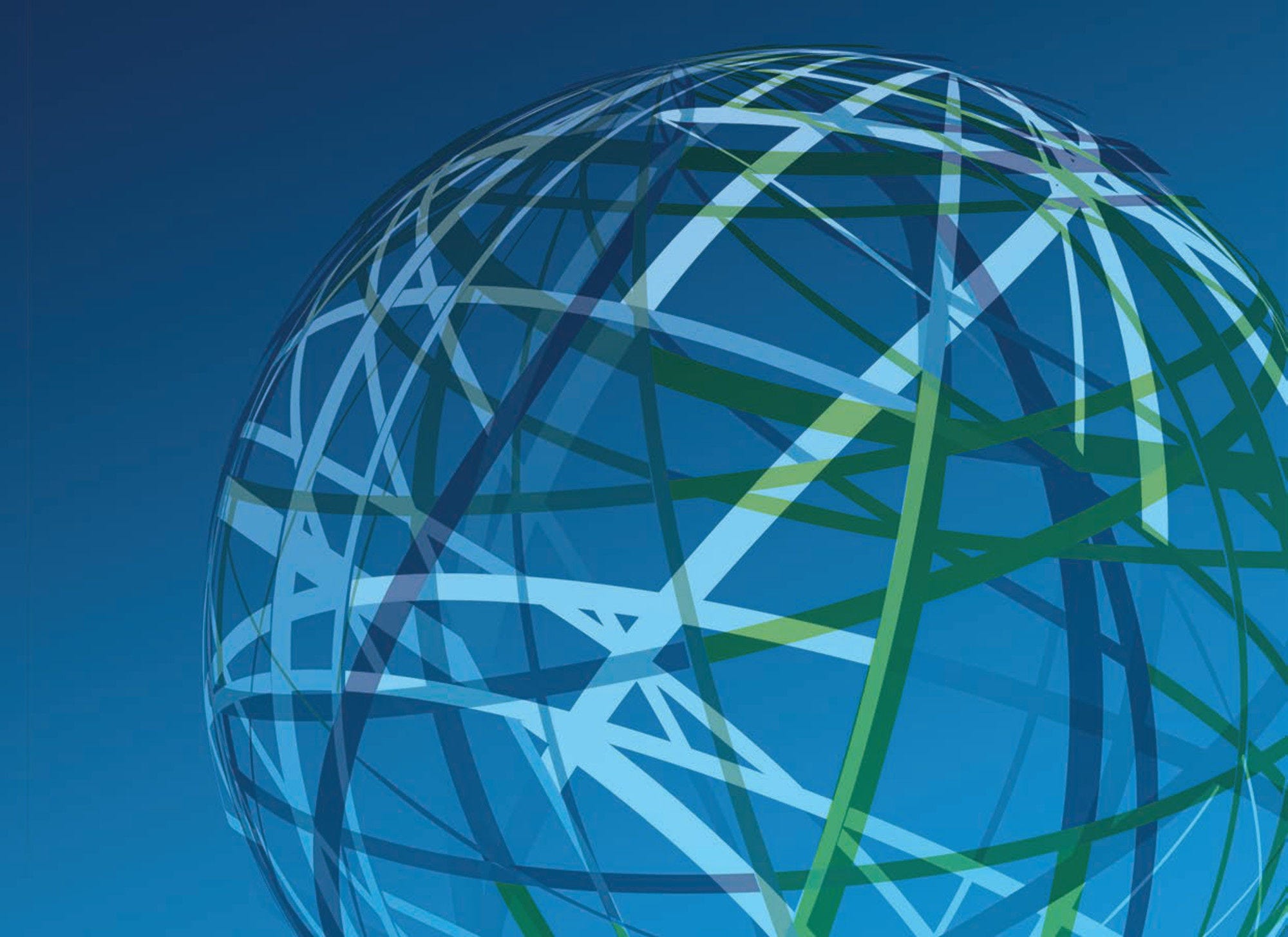The multilateral development system serves as a platform for co-ordinating joint international responses to some of the world’s most pressing challenges. By monitoring and analysing key trends in financing flows to, and from this system, the OECD ensures that development co-operation providers effectively pool resources in support of multilateral solutions.
Multilateral development finance
The multilateral development system, which encompasses more than 200 organisations and funds, including the World Bank and UN agencies, plays a pivotal role in global development co-operation. The OECD, whose members are major stakeholders of the system, offers expertise, policy analysis and guidance to ensure multilateral organisations are well-equipped to help address global development challenges.
Key links

Key messages
To maximise their impact and drive global sustainable development, multilateral organisations must capitalise on their comparative advantages — including their expertise, global reach, and ability to leverage private finance. The OECD conducts analyses to inform its members’ multilateral aid strategies, and improve co-ordination and complementarity among multilateral stakeholders.
Adequately supporting and resourcing multilateral organisations empowers them to actively contribute to both short-term and long-term development objectives. The OECD provides insights and policy guidance to strengthen development co-operation providers’ multilateral strategies and practices.
Context
The multilateral system has become a major channel of development co-operation
Official providers’ contributions to the multilateral development system can be divided into two types. The first consists of core contributions that multilateral organisations can allocate as they see fit, within the limits prescribed by their mandates. The second, earmarked aid, corresponds to bilateral funding earmarked through multilateral organisations for specific projects or purposes. Earmarked aid has been rising steadily over the last two decades, while the share of core contributions to multilateral organisations has remained constant.
Development co-operation providers employ a mix of funding modalities to support multilateral action
Development co-operation providers contribute to multilateral organisations—such as United Nations agencies, multilateral development banks, and vertical funds—using a variety of funding mechanisms. Through its work on multilateral development finance, the OECD provides insights on the trade-offs associated with each funding modality and promotes good practice to enhance the effectiveness and reach of multilateral efforts.
Multilateral organisations hold key roles in the development finance landscape
In 2022, multilateral organisations committed a total of USD 231 billion from their core resources to support developing countries. Among these organisations, multilateral development banks, led by the World Bank Group, mainly provide non-concessional development finance. In contrast, other multilateral institutions, such as the United Nations agencies, typically offer concessional support.
Latest insights
-
 oecd-development-matters.org24 October 2024
oecd-development-matters.org24 October 2024 -
 oecd-development-matters.org21 October 2024
oecd-development-matters.org21 October 2024
Related publications
Related events
-
 Webinar23-29 September 2024
Webinar23-29 September 2024




